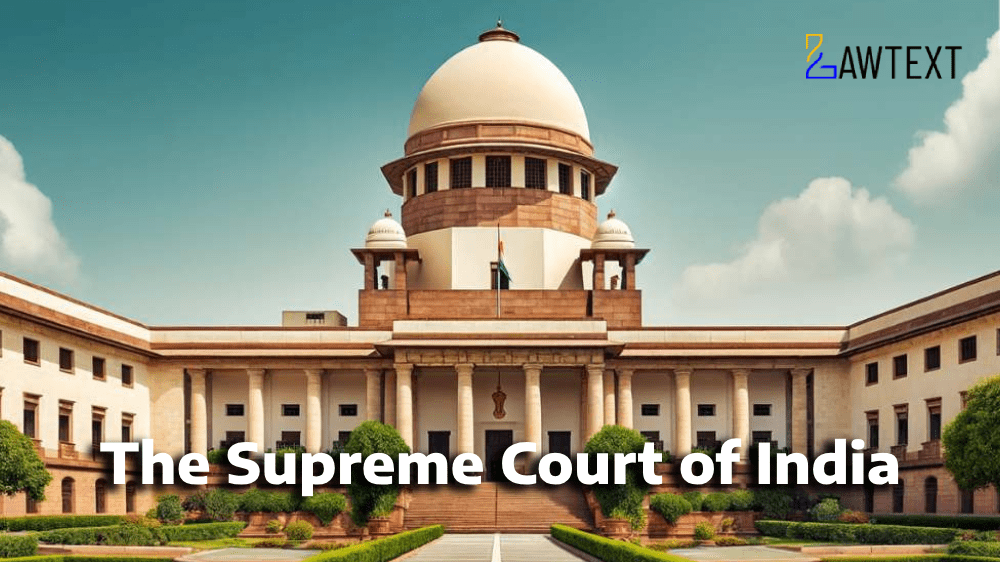

Benefit of Doubt Given – Prosecution Failed to Establish Guilt Beyond Reasonable Doubt – No Conclusive Evidence of Strangulation – Appellant Directed to be Released Immediately.
The Supreme Court set aside the conviction due to a lack of conclusive proof – [Para 26]. Prosecution failed to establish guilt beyond a reasonable doubt – [Para 19, 25]. Post-mortem report did not conclusively establish strangulation as the cause of death – [Para 15, 17]. Circumstantial evidence did not form a complete chain ruling out innocence – [Para 18]. Burden under Section 106 of the Indian Evidence Act, 1872 did not apply without prima facie proof of guilt – [Para 21, 23]. Conviction set aside – Appellant released from custody immediately – [Para 27].
Conviction Set Aside – Appeal Allowed – Appellant Released Immediately.
Murder – Circumstantial Evidence – Benefit of Doubt – Post-Mortem – Ligature Marks – Hostile Witnesses – Section 106 Burden of Proof – Section 313 Statement – Tuberculosis Asphyxia
a. Whether the prosecution discharged its burden of proving guilt beyond a reasonable doubt? – [Para 19, 25]
b. Whether the post-mortem findings conclusively established strangulation as the cause of death? – [Para 15, 17]
c. Whether hostile witnesses weakened the prosecution’s case? – [Para 10, 13]
d. Whether the burden under Section 106 of the Indian Evidence Act, 1872 shifted to the accused? – [Para 20, 22]
e. Whether the benefit of doubt should have been granted to the appellant? – [Para 19, 25]
a. Circumstantial Evidence – "The circumstances from which the conclusion of guilt is to be drawn should be fully established" – [Para 18] – reliance placed on Sharad Birdhichand Sarda v. State of Maharashtra (1984) 4 SCC 116.
b. Section 106 Burden of Proof – "Prosecution must first establish a prima facie case before the burden shifts to the accused" – [Para 22] – referred to Anees v. State Govt. of NCT (2024) SCC OnLine SC 757.
c. Hostile Witnesses – "Once key witnesses turn hostile, prosecution must produce independent corroborative evidence" – [Para 10, 13].
d. Medical Evidence – "Post-mortem report must conclusively establish cause of death before relying on circumstantial evidence" – [Para 15, 17].
e. Benefit of Doubt – "If two reasonable views exist, the one favoring the accused must be adopted" – [Para 25].
Citation: 2025 LawText (SC) (2) 106
Case Number: CRIMINAL APPEAL NO. OF 2025 (Arising out of SLP (Crl) No.7712 OF 2022)
Date of Decision: 2025-02-10
Case Title: RAVI VERSUS THE STATE OF PUNJAB
Before Judge: (PANKAJ MITHAL J. , AHSANUDDIN AMANULLAH J.)
Appellant: RAVI
Respondent: THE STATE OF PUNJAB